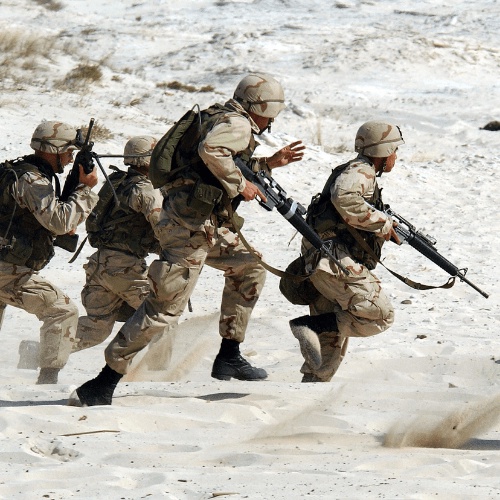The Uniform Code of Military Justice (UCMJ) is a crucial set of laws that govern the conduct of military personnel in the United States. Among its many articles, Article 92 stands out as a significant provision, addressing the offense of "Failure to Obey Order or Regulation.
The Importance of Discipline in the Military
Discipline is the backbone of any effective military force, and adherence to orders and regulations is paramount. ucmj article 92 is designed to maintain order and ensure the smooth functioning of the military by holding service members accountable for their actions. The failure to obey a lawful order or regulation can have serious consequences, as it undermines the chain of command and compromises the effectiveness of the armed forces.
Defining Article 92
Article 92 of the UCMJ pertains to the offense of "Failure to Obey Order or Regulation." It states that any member of the armed forces who willfully disobeys a lawful order or regulation is subject to disciplinary action. The article emphasizes the importance of obeying orders issued by superiors and complying with established regulations to maintain discipline and cohesion within the military.

Elements of the Offense
To be charged under Article 92, certain elements must be present. The accused must have received a lawful order or knew of the existence of a regulation, and the disobedience must have been willful. Additionally, the order or regulation in question must have been lawful, reasonable, and within the scope of the authority of the issuing individual.
Consequences of Violating Article 92
The consequences for violating Article 92 can be severe and may vary depending on the circumstances surrounding the offense. Punishments can include reprimands, fines, reduction in rank, forfeiture of pay, confinement, or even a dishonorable discharge from the military. The severity of the punishment is often determined by factors such as the gravity of the offense, the impact on military operations, and the individual's prior disciplinary record.
Challenges and Defenses
In some cases, service members may face challenges in obeying orders or regulations due to extenuating circumstances. For example, if an order is unlawful or goes against established military norms, the accused may have grounds to challenge the charge. It is essential for military personnel to be aware of their rights and seek legal counsel to navigate the complexities of Article 92 charges.
Importance of Legal Representation
Facing charges under Article 92 can be a daunting experience, and seeking legal representation is crucial. A skilled military defense attorney can assess the circumstances surrounding the alleged offense, build a strong defense, and advocate for the best possible outcome. Whether it involves proving the lawfulness of an order, demonstrating a lack of willful disobedience, or presenting mitigating factors, a competent attorney is essential in safeguarding the rights of the accused.
UCMJ Article 92 serves as a cornerstone of military discipline, emphasizing the significance of obeying orders and regulations within the armed forces. Service members must understand the implications of failing to comply with lawful orders and regulations, as violations can lead to serious consequences. Legal awareness, adherence to military norms, and, when necessary, seeking expert legal counsel are essential components in navigating the complexities of UCMJ Article 92 charges and ensuring a fair and just resolution.


No comments yet